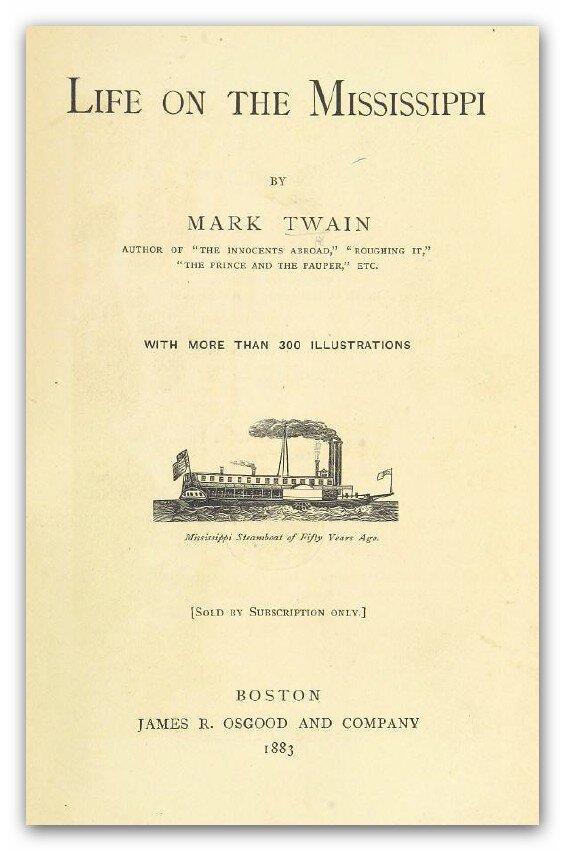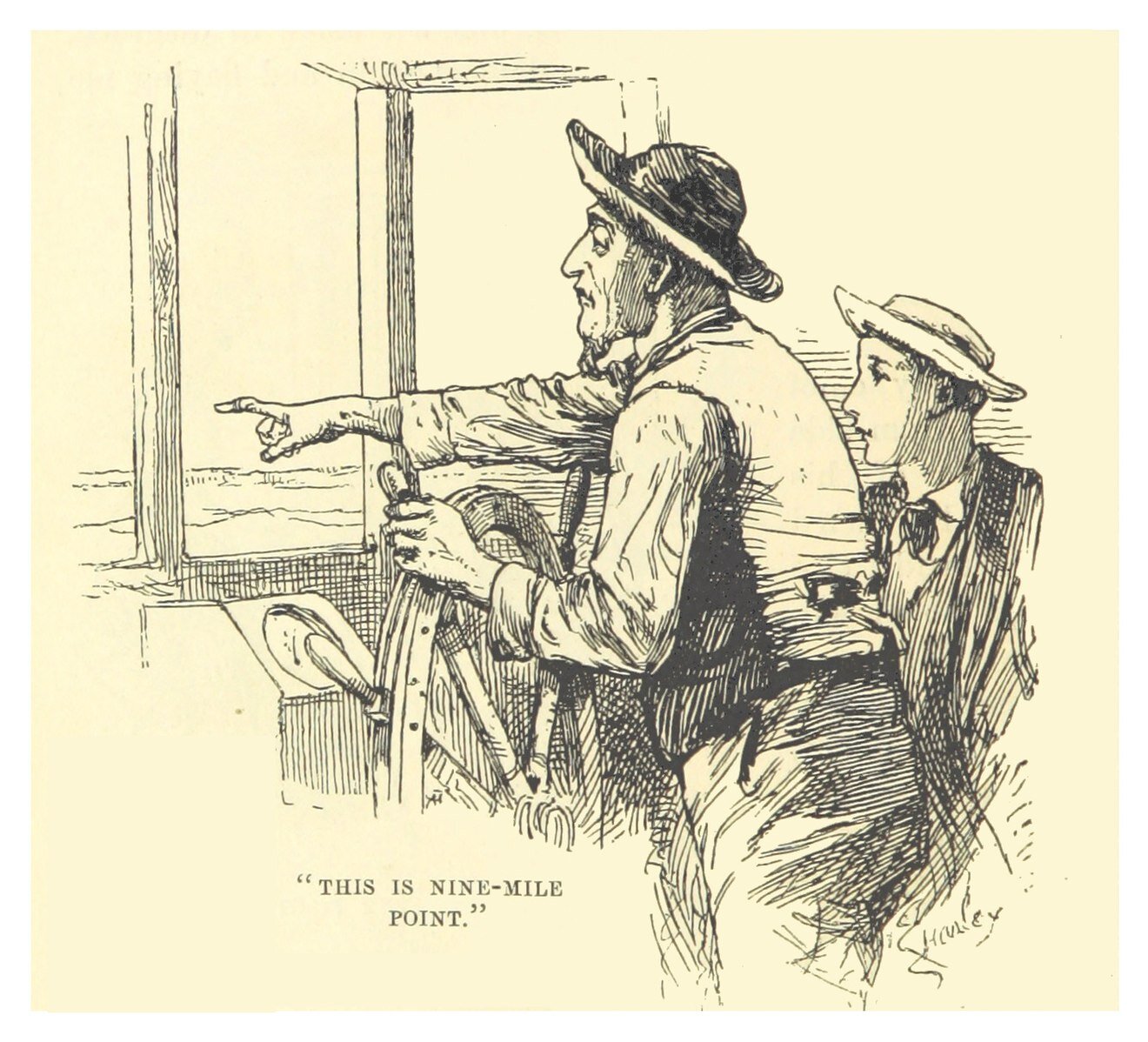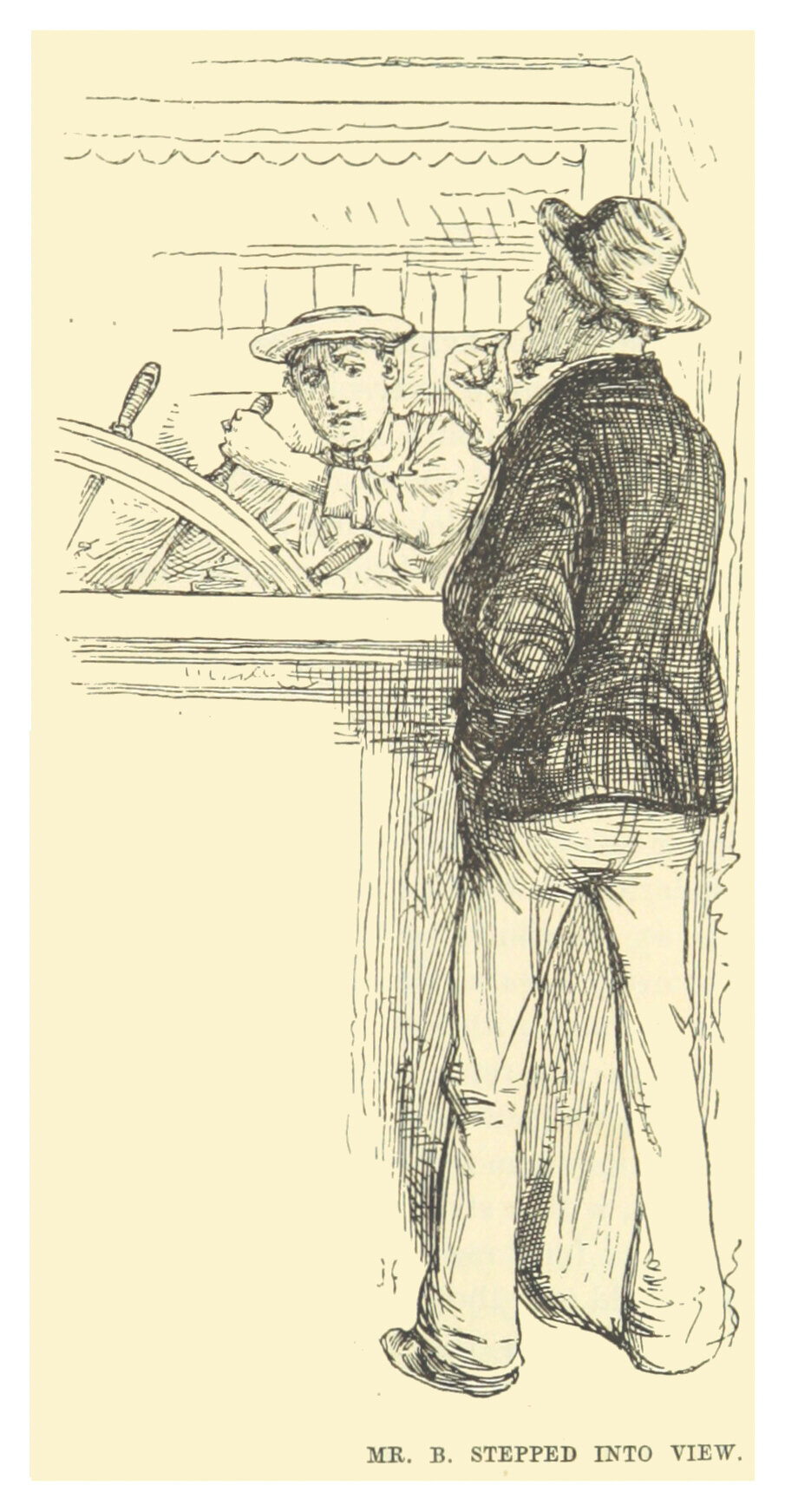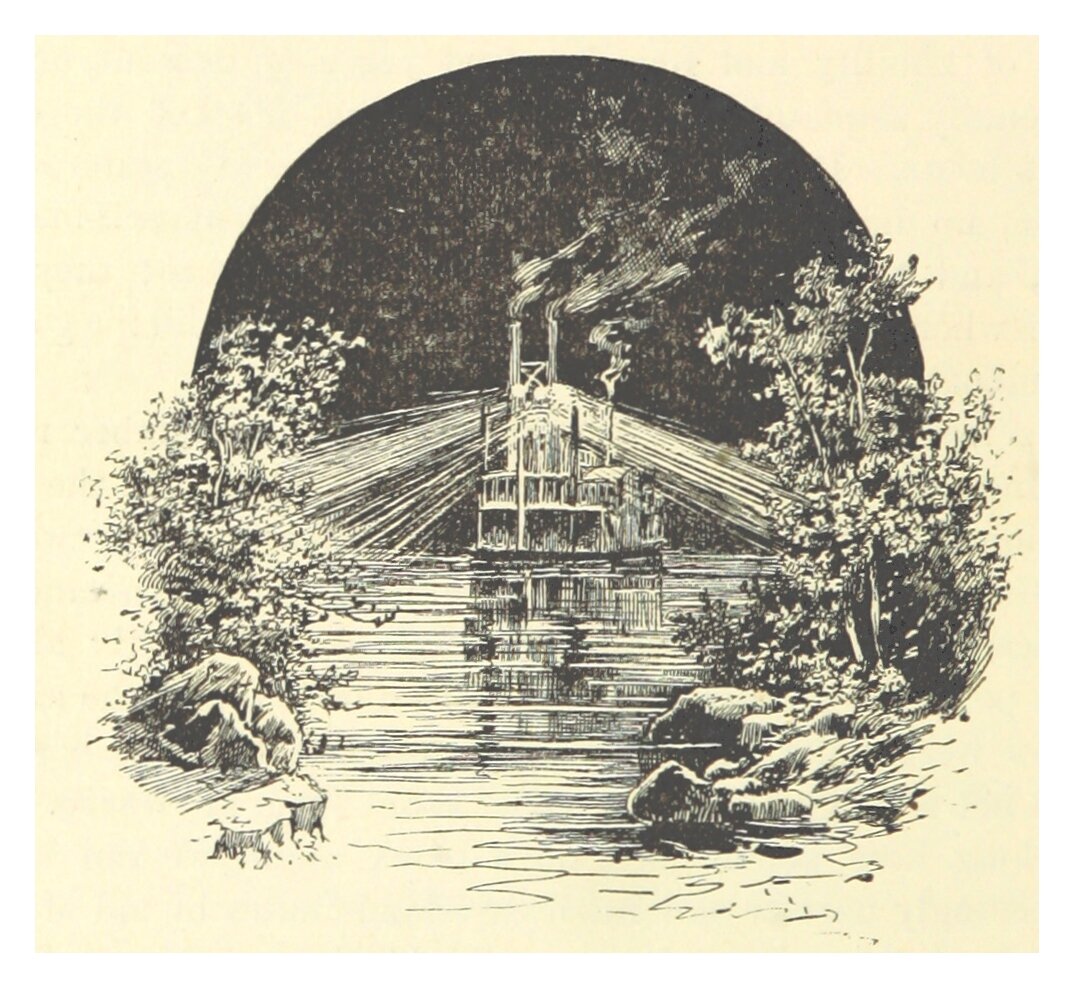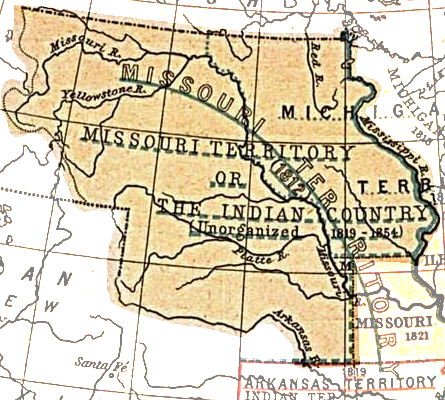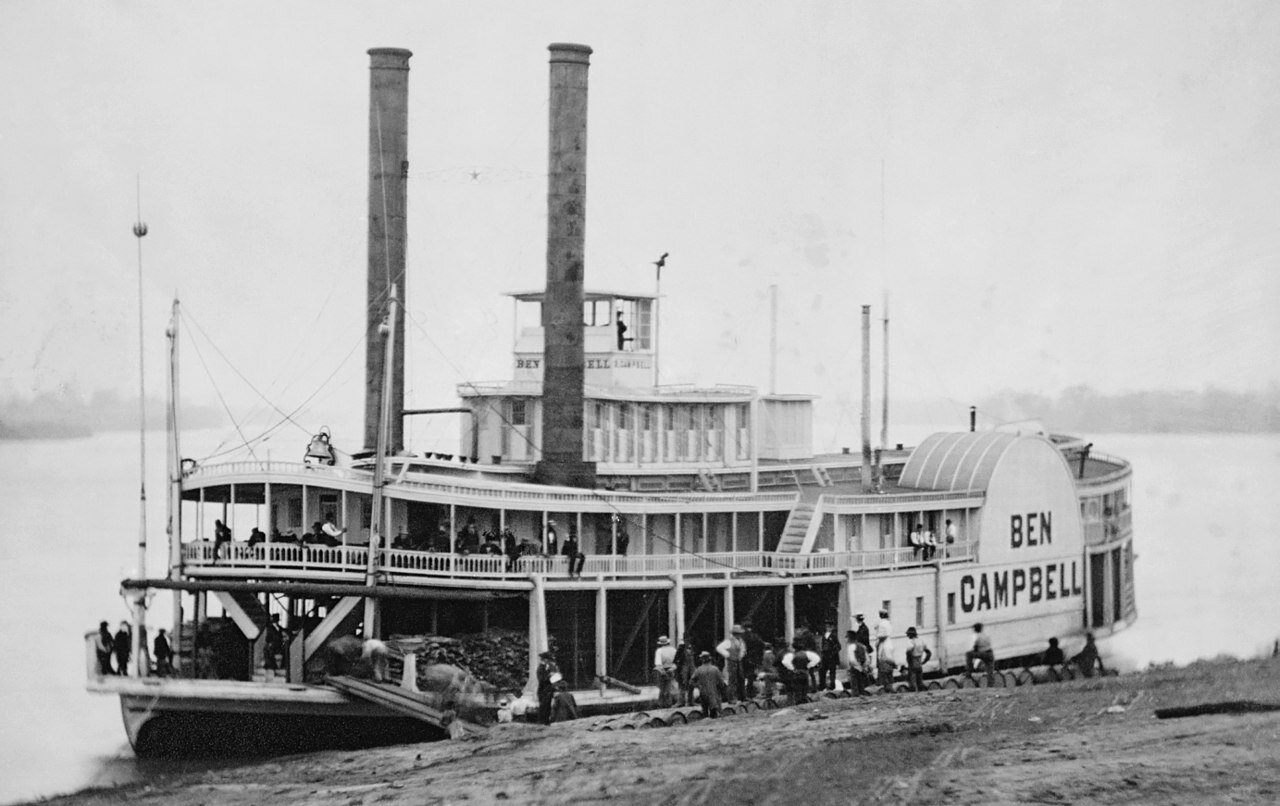When the young Mark Twain decided to become a steamboat pilot on the Mississippi, he thought he’d be something like a Romantic hero to the guys and gals of his hometown.
And indeed, he seemed a Romantic hero to them because anyone not in the know about piloting a steamboat thinks it’s about sunrises over the water and stars between the trees.
Mr. Bixby disabused Twain quickly of these notions.
Mr. Bixby—at the ripe old age of thirty-four—was a seasoned steamboat pilot who knew every yard of the river from St Louis to New Orleans. He took Twain on as an apprentice, and by means of many gruff corrections, taught him a new way to see.
As Twain recounts:
“I went to work now to learn the shape of the river and of all the eluding and ungraspable objects that ever I tried to get mind or hands-on, that was the chief. I would fasten my eyes upon a sharp, wooded point that projected far into the river some miles ahead of me, and go to laboriously photograph its shape upon my brain; and just as I was beginning to succeed to my satisfaction, we would draw up toward it and the exasperating thing would begin to melt away and fold back into the bank!”
Eventually, Twain learned about every island, town, sandbar, bend, plantation, tree stump, and shipwreck, up and down the river. And he began to think like this:
“This sun means that we are going to have wind tomorrow; that floating fog means that the river is rising; that slanting mark on the water refers to a bluff reef which is going to kill somebody’s steamboat one of these nights . . .”
He had become a pilot. And he saw the river as a pilot sees it. He could never again see the Romance of the Mississippi.
Here, we reach a paradox.
Most think of Romance and reality as separate, but when Twain came to write his Life on the Mississippi, he immortalized Mr. Bixby, and from the reality of that seasoned steamboat pilot, we have one of the great Romantic figures of American fiction.
Northrop Frye described a Romantic hero as a character who is “placed outside the structure of civilization and therefore represents the force of physical nature, amoral or ruthless, yet with a sense of power, and often leadership, that society has impoverished itself by rejecting.”
Mr. Bixby was the master of the Mississippi, the master of his ship, outside the rules of anyone else, and as fundamental to nature as the sunrises over the water and the stars between the trees.
* Orlando Bartro is the author of Toward Two Words, a comical & surreal novel about a man who finds yet another woman he never knew, usually available at Amazon for $4.91.







